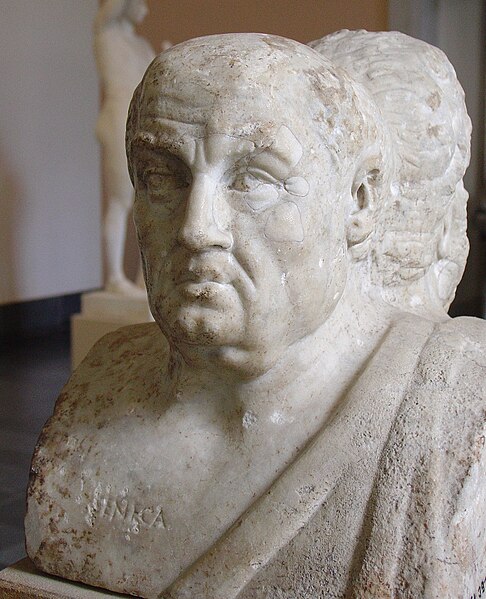Infinite photos and videos for every Wiki article ·
Find something interesting to watch in seconds
Wars and Battles
Celebrities
Wonders of Nature
Great Cities
Countries of the World
History by Country
Sports
Kings of France
Best Campuses
Rare Coins
Ancient Marvels
Largest Empires
Orders and Medals
British Monarchs
Crown Jewels
Supercars
Recovered Treasures
Richest US Counties
Great Museums
Presidents
Famous Castles
Tallest Buildings
Largest Palaces
Great Artists
Animals
World Banknotes
more top lists





